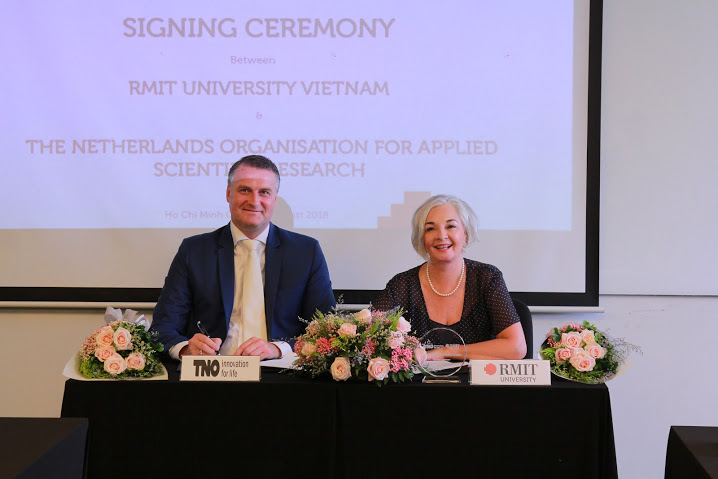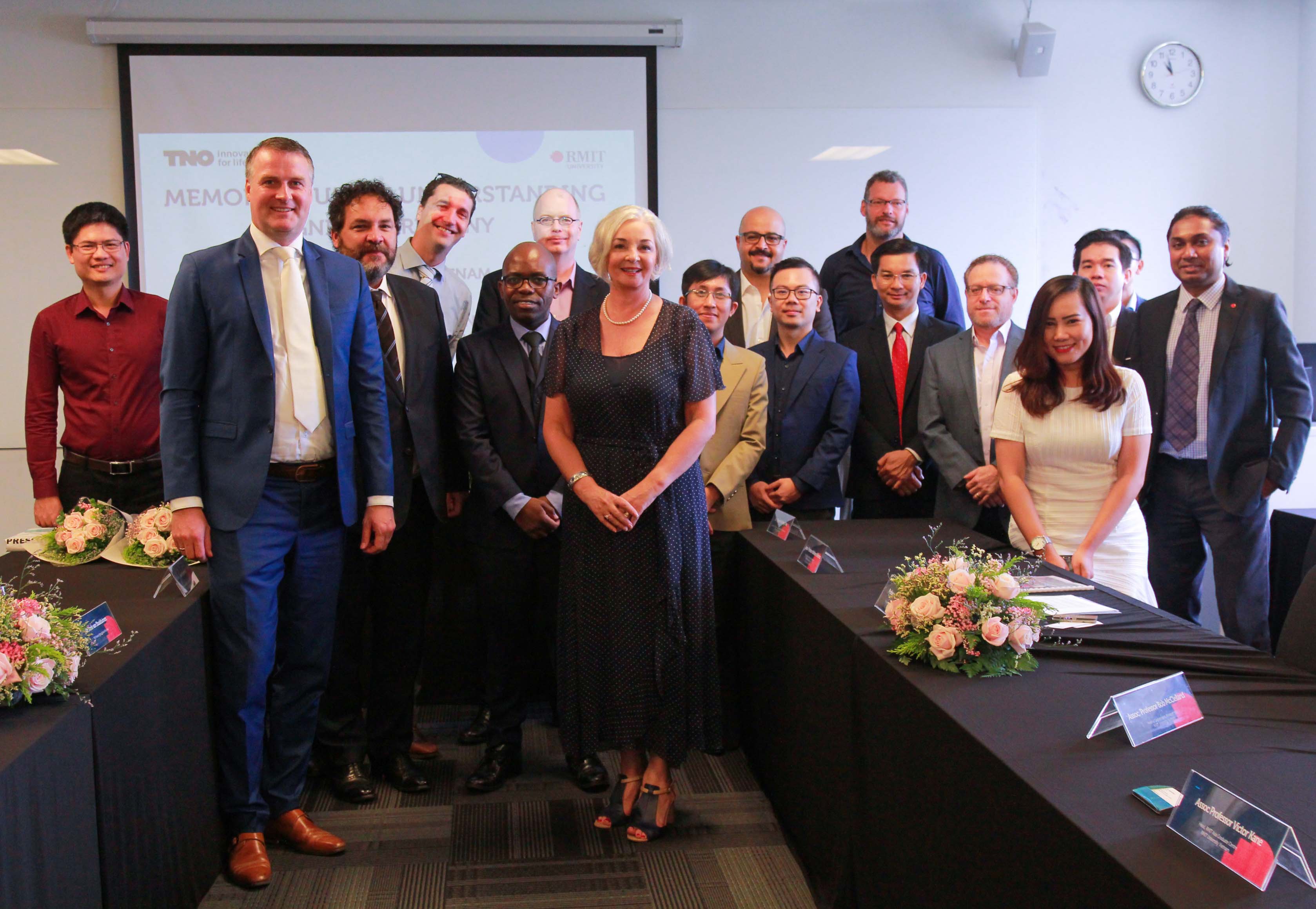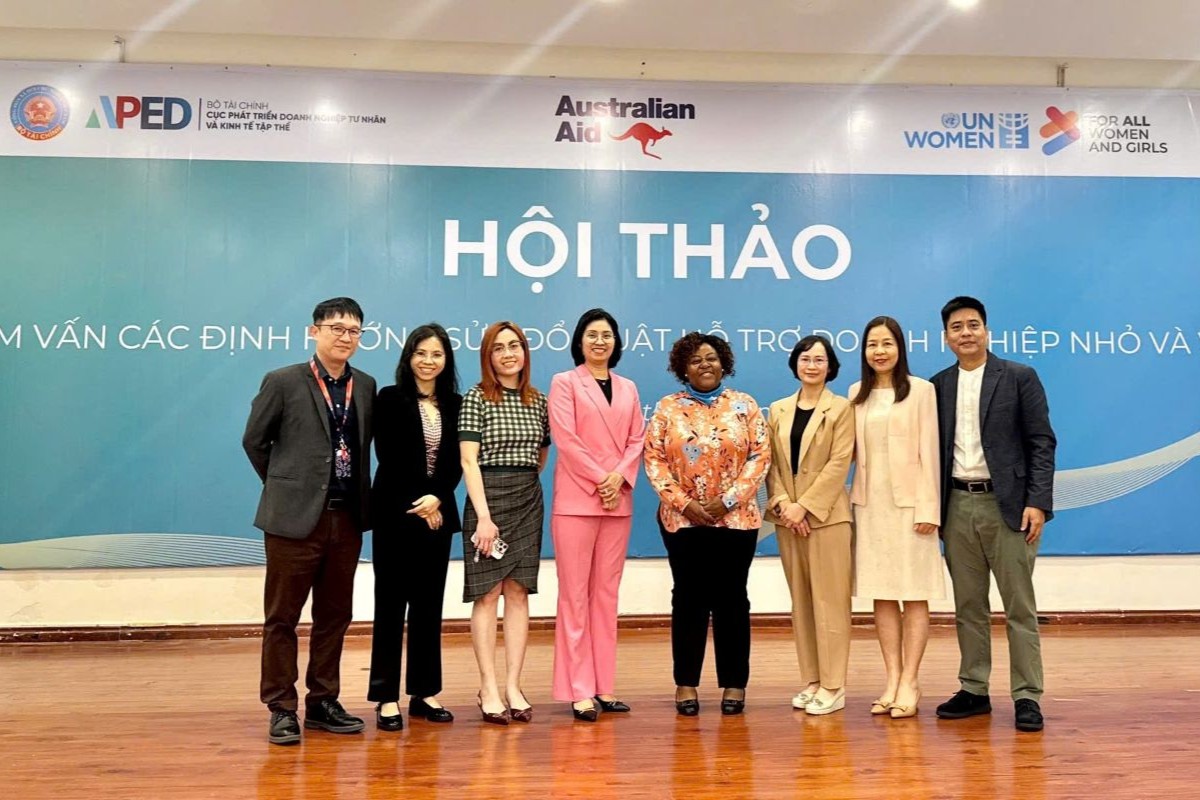The agreement also provides an opportunity for RMIT to incorporate cybersecurity and blockchain into its authentic assessments.
“We aim to extend the learning process beyond the classroom by exposing our students to industry and real world issues, in order to produce graduates who are ready for life and work,” Associate Professor Nkhoma added.
“This agreement opens the door to the world of blockchain and Internet-of-things for both our staff and students, thereby equipping our students with graduate attributes highly sought after by our industry partners.”
Dr Mark van Staalduinen, Deputy Director TNO South East Asia, said: “This collaboration aims to strengthen networks and expertise in South East Asia, and especially in Vietnam. A great example is the recent training we conducted at the Asia Region Law Enforcement Management Program (ARLEMP). ARLEMP is a regional training partnership between the Australian Federal Police, RMIT University and the Vietnam Ministry of Security with support of the National Police of the Netherlands. Through ARLEMP, TNO delivered a dark web training to police from 17 countries in Asia, thereby strengthening regional law enforcement capacity to disrupt criminals on the dark web.”
“On top of this expertise, we aim to deepen the cyber expertise especially on the addressed areas of interest. Due to Vietnam’s excellent work attitude and persistence, and the multi-disciplinary approach and strong skills developed at RMIT, this partnership is very important for TNO. It not only strengthens our position in South East Asia, the expected results are mutually beneficial for the Netherlands to create a safer internet,” Dr van Staalduinen said.






